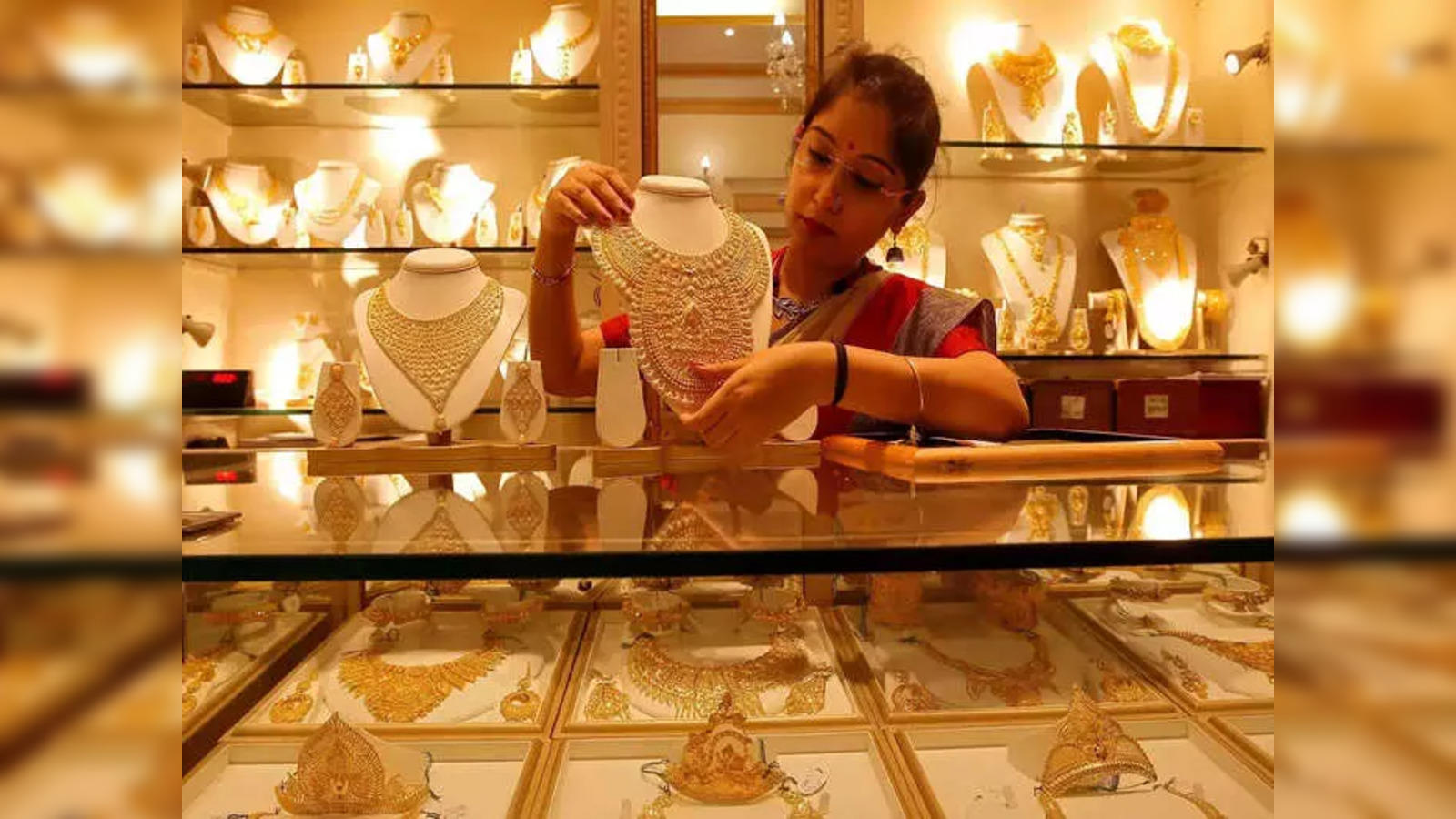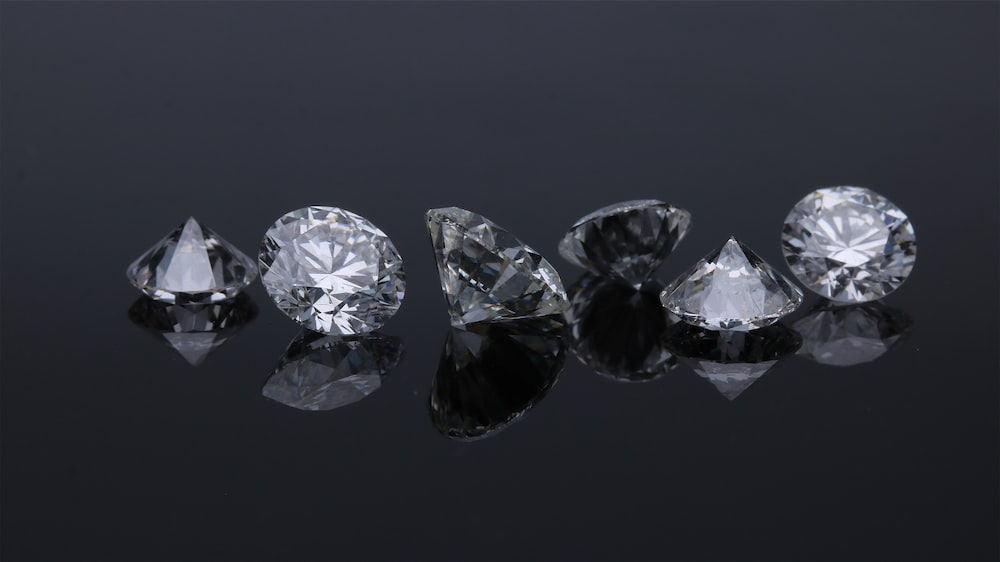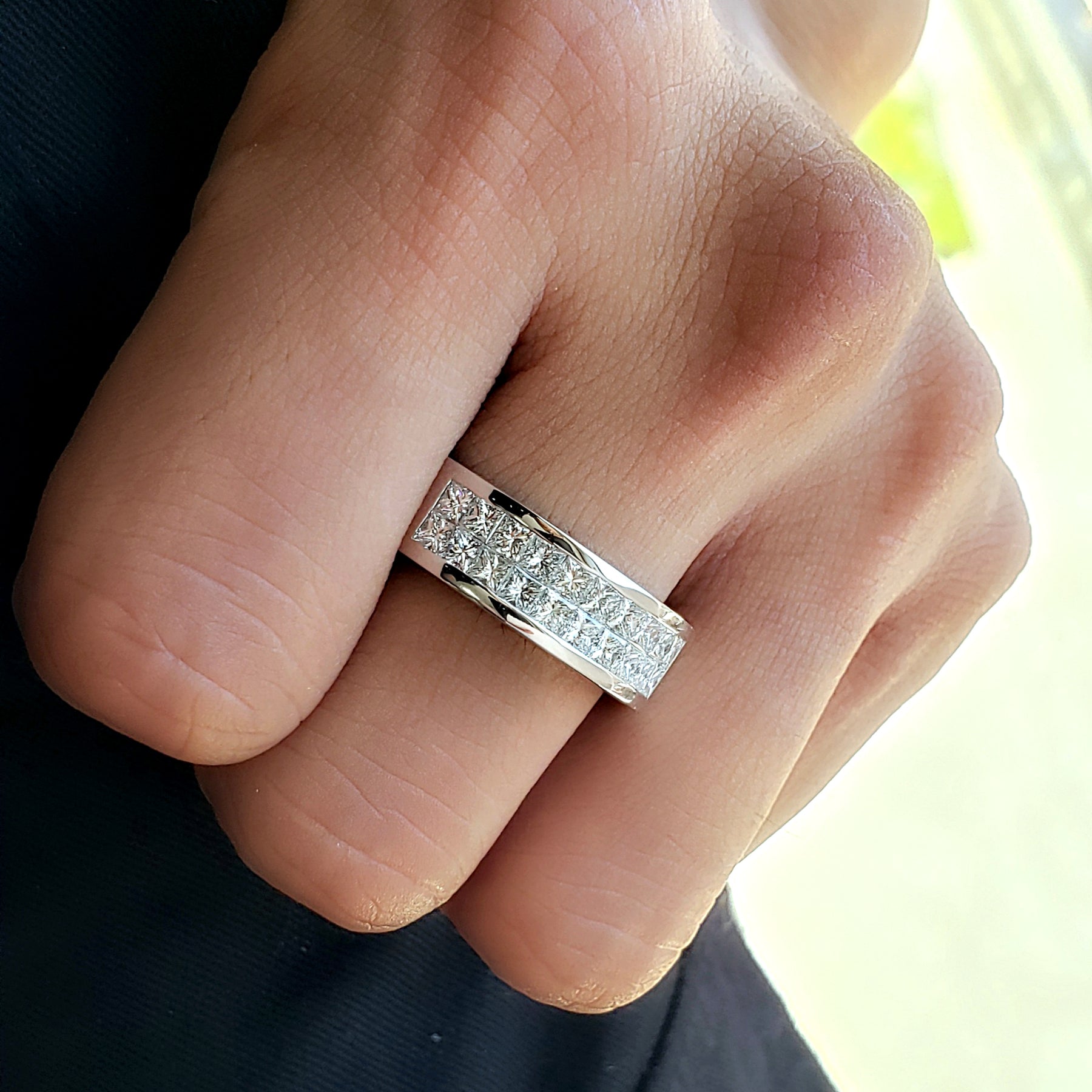
The jewelry industry is undergoing a significant transformation, with recycled gold becoming a pivotal element in sustainable practices. As consumers increasingly prioritize ethical sourcing, the demand for recycled gold is on the rise. This article explores the importance of recycled gold and its impact on the jewelry industry.
Table of Contents
What is Recycled Gold?
Recycled gold refers to gold that has been reclaimed from old jewelry, electronics, or other sources rather than mined from the earth. The process of recycling gold involves melting down these items to create new pieces. This practice not only reduces the need for new mining but also minimizes the environmental impact associated with gold extraction. The use of recycled gold in the jewellery industry is a crucial step toward more sustainable practices.
The Environmental Benefits of Recycled Gold
The environmental benefits of using recycled gold in the jewelry industry are profound. Mining gold is an energy-intensive process that often leads to deforestation, habitat destruction, and pollution. By opting for recycled gold, jewelers can significantly reduce their carbon footprint. This shift contributes to a more sustainable jewelry industry, where the focus is on preserving the planet’s resources. The importance of recycled gold cannot be overstated in our efforts to combat climate change and promote environmental responsibility.
Ethical Sourcing and Consumer Demand
Consumers today are more conscious than ever about the origins of their purchases. The push for ethical sourcing has led to a surge in demand for recycled gold in the jewelry industry. Customers are seeking transparency and accountability from brands, making recycled gold an attractive option. Jewelers who embrace recycled gold can not only meet consumer expectations but also enhance their brand reputation. The emphasis on recycled gold reflects a broader trend toward ethical consumerism.
How Recycled Gold is Processed
The processing of recycled gold involves several steps to ensure purity and quality. Initially, scrap gold is collected and sorted, then it is melted down at high temperatures to remove impurities. The molten gold is then cast into bars or ingots, ready to be fashioned into new jewelry. This meticulous process ensures that the recycled gold meets industry standards and can be integrated seamlessly into new designs. The commitment to quality in using recycled gold is essential for jewelers aiming to compete in today’s market.
Innovations in Jewelry Design
Recycled gold is not just a sustainable choice; it also offers exciting opportunities for innovation in jewelry design. Designers are increasingly exploring unique ways to incorporate recycled materials into their work. The versatility of recycled gold allows for a range of creative expressions, from modern minimalism to intricate vintage styles. As more jewelers embrace recycled gold, we can expect to see a wave of innovative designs that highlight the beauty and sustainability of this material.
The Economic Impact of Recycled Gold
The economic implications of recycled gold in the jewelry industry are significant. By utilizing recycled gold, jewelers can reduce costs associated with raw material sourcing and mining. This not only helps businesses maintain competitive pricing but also supports local economies involved in the recycling process. The growth of recycled gold initiatives can create jobs and foster a circular economy, where materials are reused and repurposed rather than discarded. The economic benefits of recycled gold extend beyond individual businesses to the industry as a whole.
Consumer Awareness and Education
Increasing consumer awareness about the importance of lab diamonds is essential for driving change in the jewelry industry. Educational initiatives can inform customers about the environmental and ethical implications of their purchases. Jewelers play a crucial role in this education process by sharing information about their sourcing practices and the benefits of recycled gold. By empowering consumers with knowledge, the jewelry industry can foster a more sustainable future.
Conclusion: Embracing the Future with Recycled Gold
As the jewelry industry evolves, the emphasis on recycled gold represents a positive shift toward sustainability and ethical practices. With its numerous environmental, economic, and design benefits, recycled gold is poised to become a cornerstone of modern jewelry. Jewelers who prioritize recycled gold not only align themselves with consumer values but also contribute to a healthier planet. Embracing recycled gold is not just a trend; it’s a necessary step toward a more responsible and sustainable jewelry industry.



